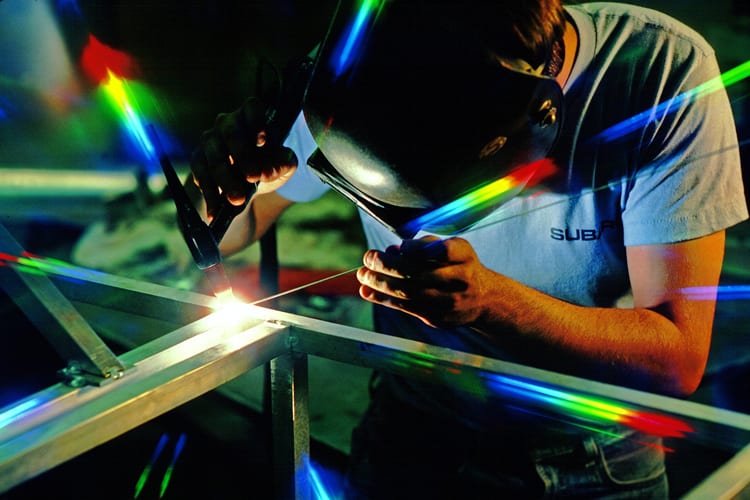Making wise decisions when working out what equipment to add to your machine shop can make a big difference to your bottom line.
Of course it’s easy to say that, but difficult to actually make the right choice if you aren’t sure where to start. To strip away your uncertainty, let’s talk about what you need to do to pick the perfect machinery every time.
Consider the specs and features
A good point to begin with is the capabilities of a given machine, and whether or not these are fit for the purposes you intend.
For example, it’s no good selecting a more affordable unit with a lower production output potential, if this is basically going to leave you unable to meet the rigors of the projects you expect to take on.
If the price and the performance of a piece of equipment are aligned with one another and with your requirements, it’s a great sign that you’re on the right track.
Explore energy use
With inflation increasing and energy costs climbing, efficiency is a concern for any business owner. In a machine shop context, that means making sure the equipment you invest in will not be a burden on your bills because of how much power it draws.
Another point to make is that if your equipment doesn’t need commercial-grade power on tap, then it will be both cheaper to run and less of an administrative headache to install on-site in the first place.
Check out used equipment from big brands
For small machine shops, buying new manufacturing equipment might be overly expensive to the point of being entirely unviable.
Thankfully with an up to date selection of used CNC router machines, lathes, mills, grinders and everything else in between available on the market today, this doesn’t have to be as much of a concern.
Best of all, steep discounts on well known machinery brands are on offer if you buy second hand, so you won’t be limited in this respect either.
Ask about a warranty
Both new and used machinery alike can be offered with a warranty, which gives you peace of mind over a given period. This is not always the case, of course, and warranties differ in terms of their length and what they cover, so finding out about this is essential.
You may be required to pay for servicing as part of the warranty arrangement, and while this is an additional cost to factor in, it’s generally worth it.
Seek out wear and tear
Specifically in the case that you’re buying second hand equipment, you have to be on the lookout for any signs of wear and tear that are present before you commit to a purchase.
Knowing how much life a machine has left in it, and what potential problems might need fixing further down the line, will save you from unexpected outages and costs.
Deal with the dimensions
Another site-specific consideration is the size of the equipment and the amount of space you’ve got to house it within your machine shop.
Depending on the area available, as well as the scale of the access points to the building, you may have to rule out some larger units.
Review the required skills
Finally, make sure that you know what skills and training are involved in the use of any manufacturing equipment you procure for your machine shop.
If you need to hire a skilled operator to unlock its full potential, or get additional training yourself, don’t forget about this during the decision-making process.




